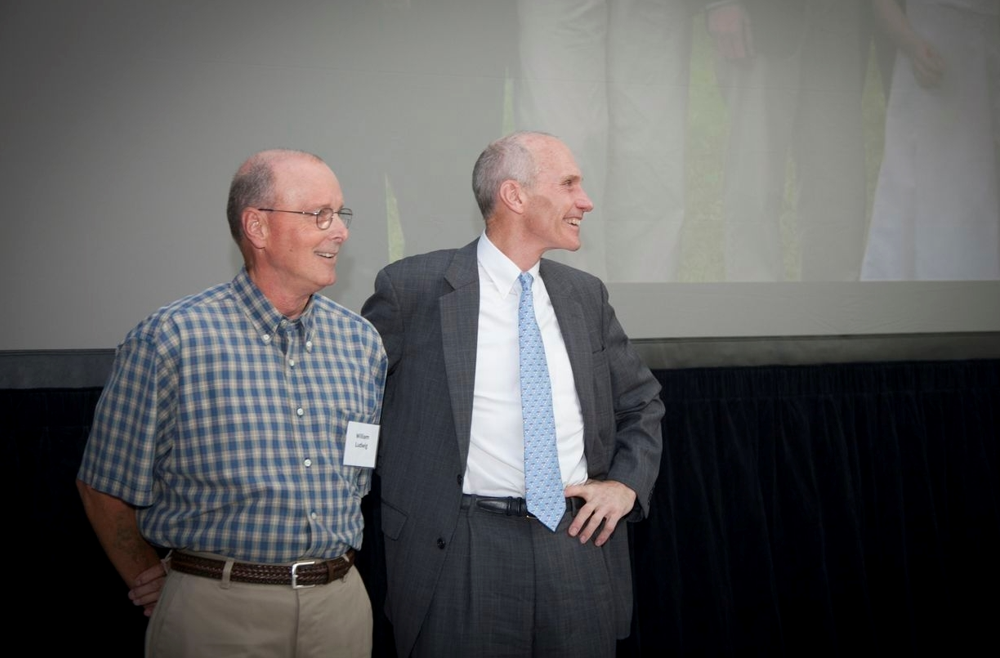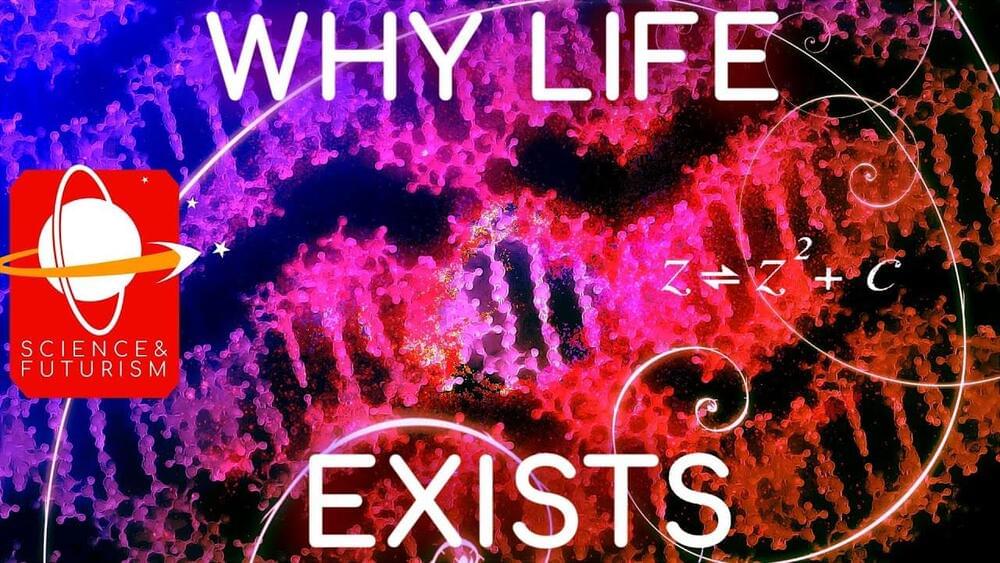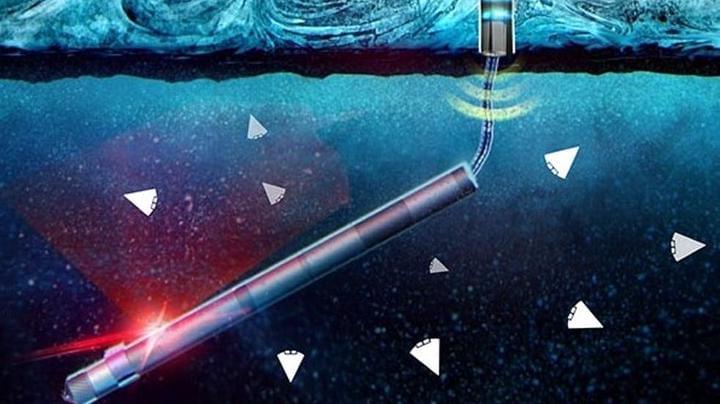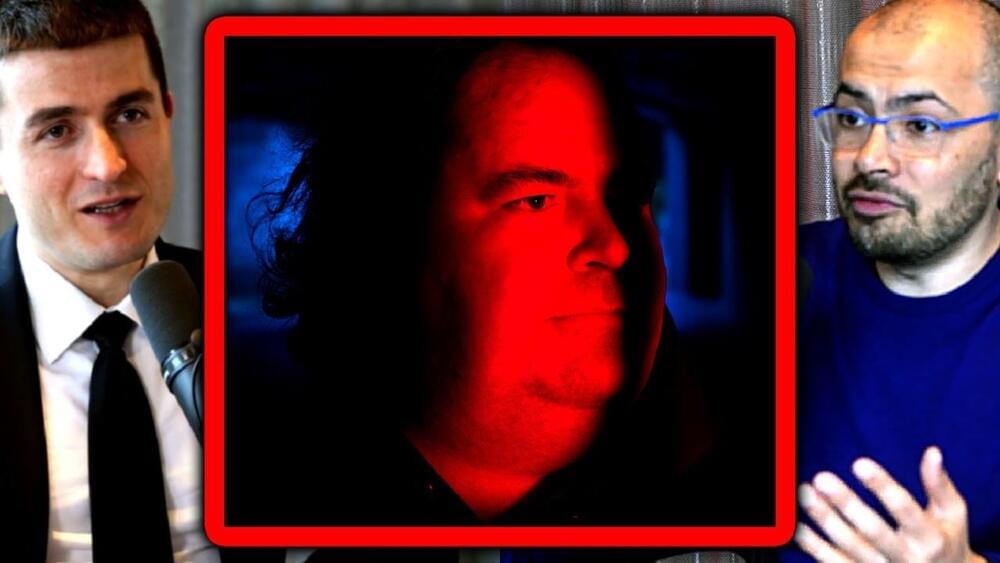 PHILADELPHIA — In the summer of 2010, Bill Ludwig and Doug Olson were battling an insidious blood cancer called chronic lymphocytic leukemia (CLL). They’d both received numerous treatments, and as remaining options became scarce, they volunteered to become the first participants in a clinical trial of an experimental therapy underway at the Abramson Cancer Center and the Perelman School of Medicine at the University of Pennsylvania. The treatment would eradicate their end-stage leukemia, generate headlines across the globe, and usher in a new era of highly personalized medicine. Called Chimeric Antigen Receptor (CAR) T cells, these genetically modified tumor-targeting cells are a living drug made for each patient out of their own cells. Today, an analysis of these two patients published in Nature from the Penn researchers and colleagues from Children’s Hospital of Philadelphia explains the longest persistence of CAR T cell therapy recorded to date against CLL, and shows that the CAR T cells remained detectable at least a decade after infusion, with sustained remission in both patients.
PHILADELPHIA — In the summer of 2010, Bill Ludwig and Doug Olson were battling an insidious blood cancer called chronic lymphocytic leukemia (CLL). They’d both received numerous treatments, and as remaining options became scarce, they volunteered to become the first participants in a clinical trial of an experimental therapy underway at the Abramson Cancer Center and the Perelman School of Medicine at the University of Pennsylvania. The treatment would eradicate their end-stage leukemia, generate headlines across the globe, and usher in a new era of highly personalized medicine. Called Chimeric Antigen Receptor (CAR) T cells, these genetically modified tumor-targeting cells are a living drug made for each patient out of their own cells. Today, an analysis of these two patients published in Nature from the Penn researchers and colleagues from Children’s Hospital of Philadelphia explains the longest persistence of CAR T cell therapy recorded to date against CLL, and shows that the CAR T cells remained detectable at least a decade after infusion, with sustained remission in both patients.
“This long-term remission is remarkable, and witnessing patients living cancer-free is a testament to the tremendous potency of this “living drug” that works effectively against cancer cells,” said first author J. Joseph Melenhorst, PhD, a research professor of Pathology and Laboratory Medicine at Penn. “Witnessing our patients respond well to this innovative cellular therapy makes all of our efforts so worthwhile. being able to give them more time to live and to spend it with loved ones.”
CLL, the first cancer in which CAR T cells were studied and used at Penn, is the most common type of leukemia in adults. While treatment of the disease has improved, it remains incurable with standard approaches. Eventually, patients can become resistant to most therapies, and many still die of their disease.



 PHILADELPHIA — In the summer of 2010, Bill Ludwig and Doug Olson were battling an insidious blood cancer called chronic lymphocytic leukemia (CLL). They’d both received numerous treatments, and as remaining options became scarce, they volunteered to become the first participants in a clinical trial of an experimental therapy underway at the
PHILADELPHIA — In the summer of 2010, Bill Ludwig and Doug Olson were battling an insidious blood cancer called chronic lymphocytic leukemia (CLL). They’d both received numerous treatments, and as remaining options became scarce, they volunteered to become the first participants in a clinical trial of an experimental therapy underway at the 












